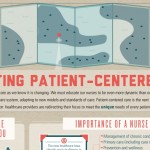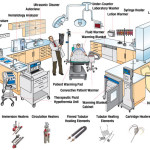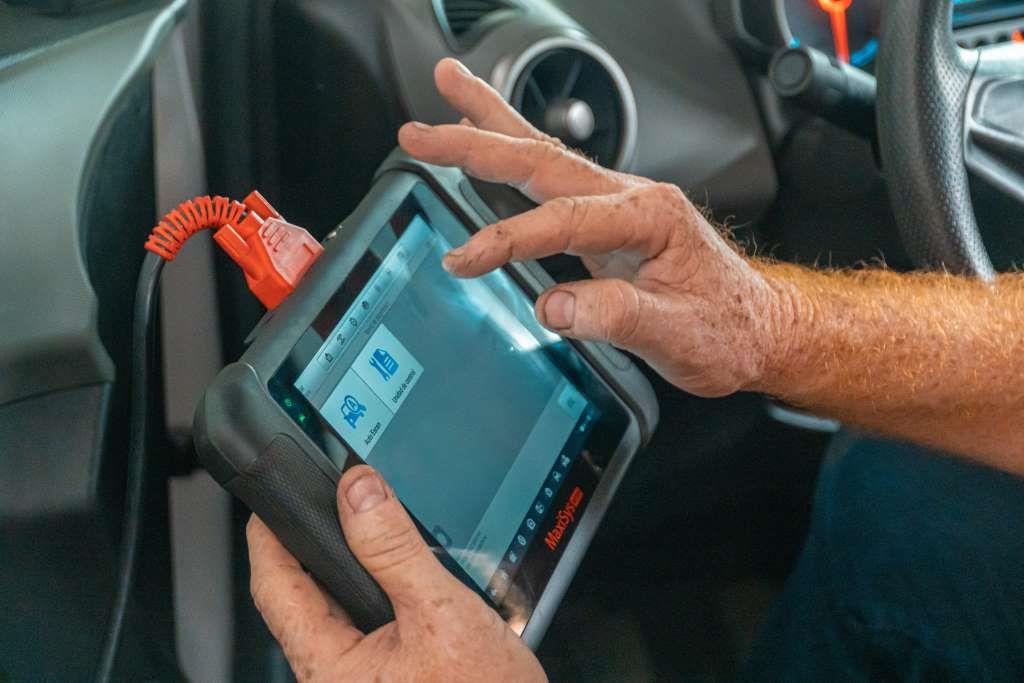When it comes to buzzwords in the field of technology, “cloud computing” is certainly up there on the list. However, that doesn’t mean that the hype is undeserved. Whether you’re considering moving to cloud computing, never heard of the term before, or have already made the leap, here are five decisions that you should consider when choosing cloud computing to store medical records for your health care practice.
Privacy: Is it HIPAA Compliant?
As we’ll address later, cloud computing has a large amount of benefits, especially for applications in the health industry, but perhaps the most important consideration for healthcare professionals who are considering making the leap to cloud computing is whether the company you choose to deal with follows HIPAA compliance protocols. HIPAA protocols require covered entities (typically the medical office) to ensure that all private health records are only accessible to applicable employees, and HIPAA business associates must sign a privacy agreement. When a third-party is handling your cloud computing of medical records, they may have access to medical records and thus might need to sign an official agreement identifying them as a business associate covered by HIPAA. Likewise, all information must be backed up, easily removable and encrypted when transmitted between you and the cloud. Though this can be a hassle, it’s the main drawback between progressing to the future of medical record maintenance.
Others Deal With Maintenance
Now that we’ve addressed the main consequence of cloud computing, we can move on to the benefits. At the top of the list is the shift of maintenance and upkeep of records to a third-party, removing one duty of dealing with paperwork from your clerical staff. Likewise, if you were already keeping your medical records on a computer, one of the great aspects of cloud computing is that all problems that arise are taken care of remotely by a dedicated technician.
Ease of Access
Despite the fancy name, cloud computing is an incredibly simple to use technology to add to your medical office. In fact, part of the appeal of cloud computing for many business enterprises is the ease of access and speed of the technology. Compared to traditional server-based storage of medical records, cloud computing is much faster and easier to access, as well as boasting lower downtime percentages. Likewise, because all of the medical records are accessible from the cloud, the information can be accessed from anywhere with an internet connection. Which means that you can avoid late nights in the office looking over medical records, and simply access them from your laptop from home, letting you finish up work after spending dinner with your family and preventing work from keeping you away from your family.
Sharing: The Future?
The truth of the matter is that cloud computing for medical records, is undeniably the future of how we store, access — and share medical records. Don’t freak out. Sharing here doesn’t mean medical records are going to start being available on on Facebook or the Internet for all your friends to see. Rather, sharing is going to be an evolution of the industry that reduces inefficiency and makes healthcare knowledge for professionals more easily accessible and enhances the quality of care. This is because with cloud computing, we’re going to (hopefully) be able to share medical records between medical professionals with increased ease. Soon your dental practice will be able to quickly get the access on medications a patient is allergic to, recent surgeries, and previous dental history from prior dentists.
Cost
As clichéd as it sounds, you might be reading this article and asking your computer monitor, “But how much will all these great things cost me?” Though most people enter the healthcare profession to help others, running a medical office isn’t free. However, believe it or not cloud computing is an incredibly cost efficient technology. In fact, some studies have shown that cloud computing can decrease the IT costs of your company by 20% annually through reductions in hardware, software and on-site IT costs. That being said, making the migration to cloud computing technology for your medical practice can be cost beneficial measure to increase the revenue of your office.
Dr. Arzegar is the owner of and practising dentist at Lifetime Smiles Adult & Pediatric Dentistry, an Austin, Texas based medical practice. Recognizing the future applications of technology to the dental industry, Dr. Arzegar is constantly keeping up with innovations that make practising dentistry easy for both his employees and his patients.
















